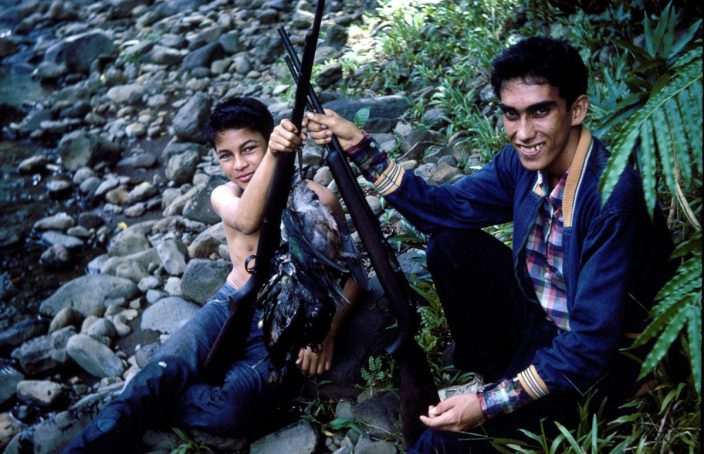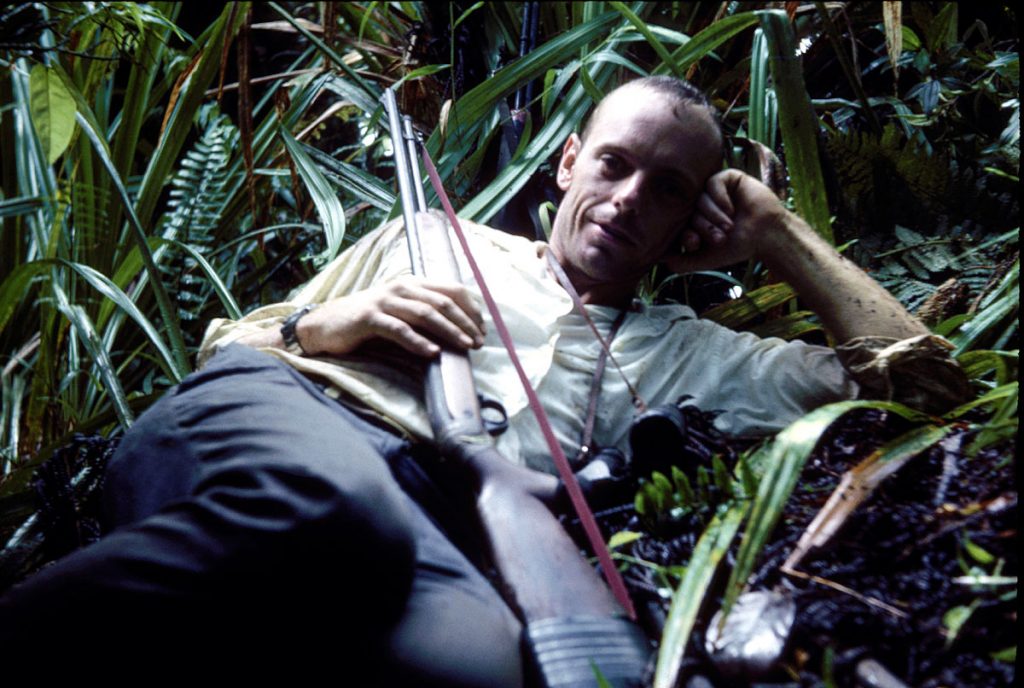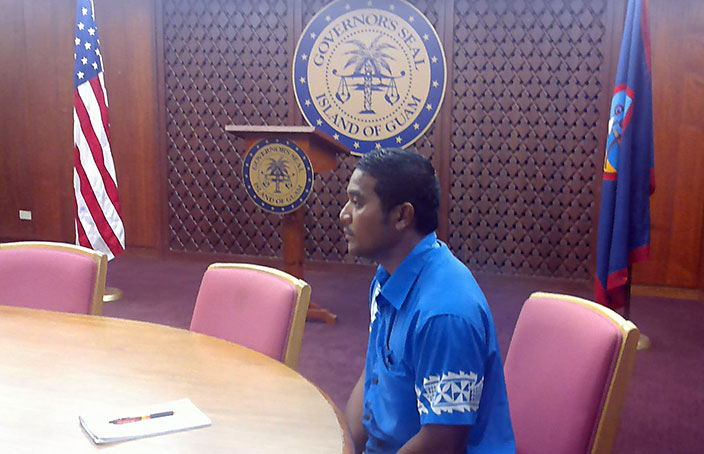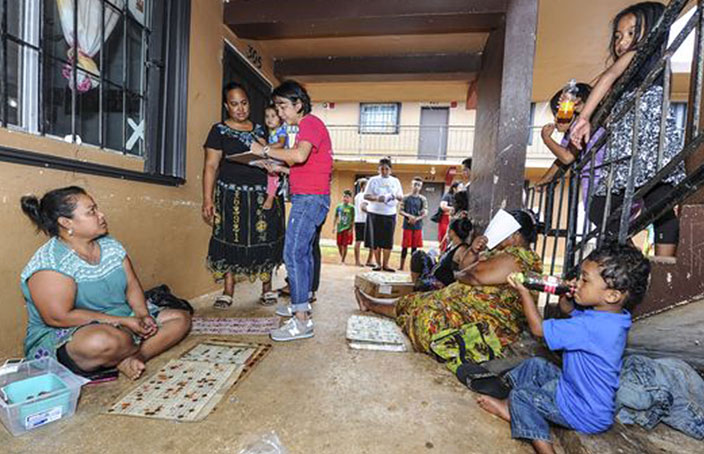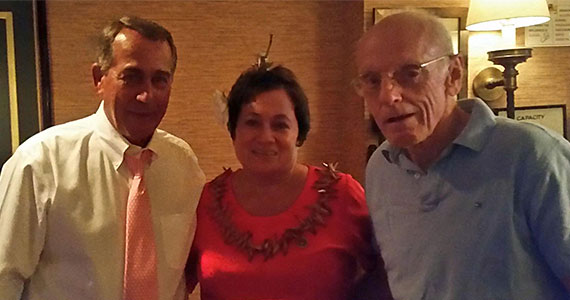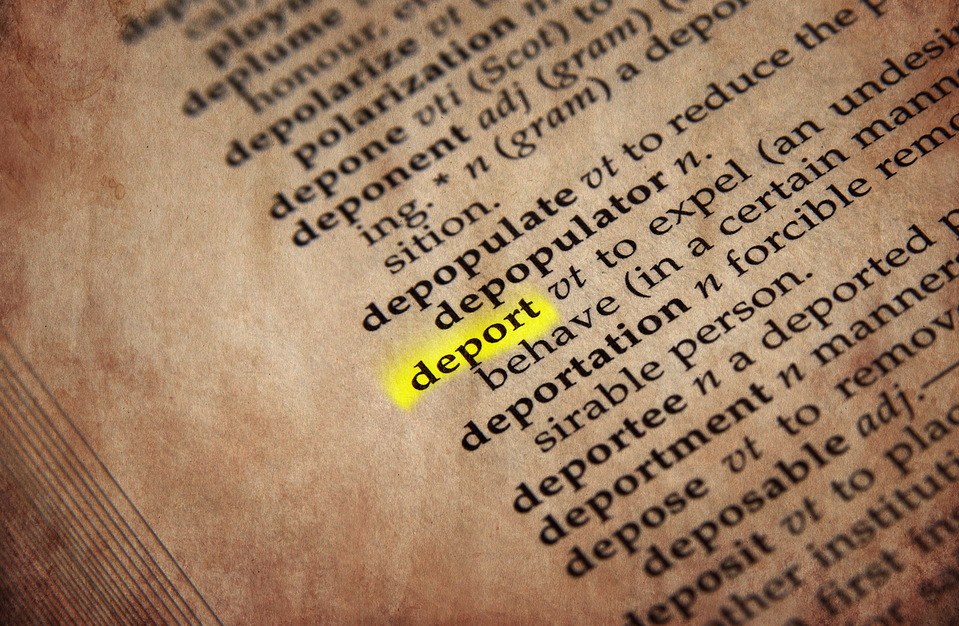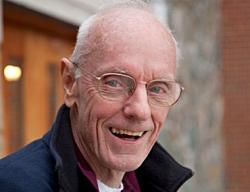A Channel of Peace: The President?s Peacemaking Mission to Tol
How long had the dispute been going on? None of us could remember exactly, but we knew that for some years now there had been two mayors of Tol (the largest municipality in Faichuk, the west part of Chuuk Lagoon). Maybe the split between the two sides of Tol occurred after the death of Susumu Aizawa in 2006. He had been the undisputed leader of Tol while he was alive?-as much for the reputation he acquired as a pitcher in the Japanese baseball league as for his success in business and expertise in traditional history.
For the past ten years at least, two rival factions had each claimed the mayorship for itself. Now and then things would get heated, and sometimes the rocks would start flying. The rivalry had a way of dividing more than just the political foundation of the municipality itself. It disrupted even churches and families. Politics, as we know, is a deeply personal matter in the islands.
Last Saturday, FSM President Peter Christian and a couple of his staff members flew to Chuuk to see what they could do to heal the rift. The President, who spent four years in Chuuk as a student at Xavier High School during the 1960s, knew better than to expect miracles. He offered to meet with the two parties at the invitation of concerned Chuuk public officials simply to begin a dialog. He was there, he told his staff, to listen.
At the site selected for the gathering, Nettiw in Foupe Village, the eight other magistrates from the neighboring islands of Faichuk waited in their suit coats and ties. Chuuk Governor Johnson Elimo was there along with the Speaker of the FSM Congress (another Chuukese). Deacon Roke Rokop, the traditional leader of Tol, was ready to begin his welcoming remarks. Then there were the two leaders of the opposing political groups: Tiwiter Aritos, the elected representative from Faichuk in the FSM Congress, and Karson Billy, Vice-Speaker of the Chuuk Legislature.
Was it the mana of the place? The expectant crowd? The giant wooden feasting bowl filled with pounded breadfruit and the smell of the roasted pigs? The hope that somehow amid all the formality of the gathering, something special might happen? In any case, once the official welcome was over and the dignitaries duly acknowledged, the real show began. Karson Billy rose and formally called on his rival, Tiwiter Aritos, to stand. ?Take my hand and shake,? he said. Once they had taken one another?s hand in peace, Arno Kony, another of the major players in the rift, spoke.
President Christian followed with his own talk, acknowledging those who made their contribution to the island before passing on. His speech evoked memories of Erhart Aten, the first elected governor of Chuuk, Susumu Aizawa himself, Chutomu Nimwes, Calisto Refolopei and so many others. Perhaps the land they had gathered on was sacred after all. The children standing around in the massive group won?t understand all of what is going on now, the president said, but some day they will. Then they will appreciate the peace that came unexpectedly when FSM officials boarded a plane to Chuuk to heal a long-standing division. The ceremony was concluded when Deacon Roke asked everyone to join him in the prayer of St. Francis: ?Make Me a Channel of Your Peace.?
No one can be sure how long the peace will last. Perhaps arguments began to break out even as the roast pig was being digested. Still, the gesture of the president was an inspired one. It was also a reminder that unity is not just a high-sounding word written into the constitution, but something that leaders need to work to achieve.

